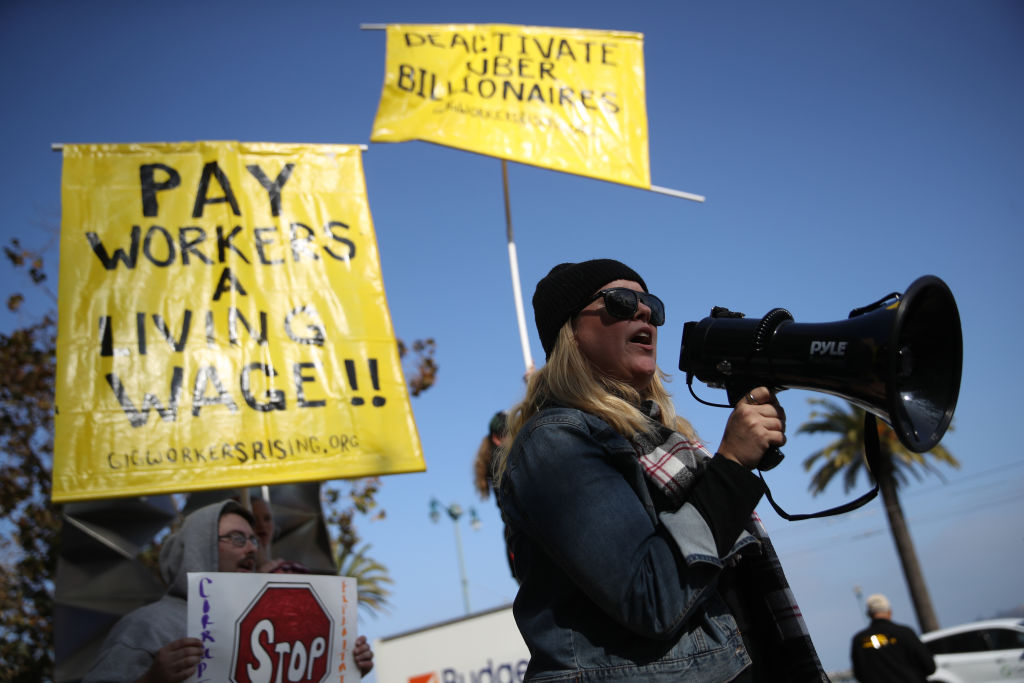Starlink might slow you down if you use too much data during the day
Starlink is about to feel a little more like other ISPs, with a new data policy that mimics Anytime Minutes from the bad old days of highly restricted cellphone service. The satellite internet division of SpaceX will start throttling home internet for customers who use more than 1TB of Priority Access data per month during peak hours beginning in December. The change is being rolled out as part of a new “Fair Use policy” in the US and Canada.
Residential customers will now start each monthly billing cycle with an allocation of “Priority Access” data that tracks what you’re using from 7AM in the morning until 11PM at night. If you surpass that 1TB cap, which Starlink says less than 10 percent of users currently do, you’ll be moved to “Basic Access” data, or deprioritized data during heavy network congestion, for the rest of your billing cycle.
If you want to buy more Priority Access data, you can, at the cost of 25 cents per GB, and any data used between 11PM and 7AM doesn’t count towards your Priority Access tally. (You may want to download new Call of Duty updates or schedule device backups to run while everyone’s asleep, for example). RV and Portability satellite internet customers can’t get Priority Access at all, while there are different brackets for anyone with a Business account or who’s using Starlink at sea.
You’ll be able to track your data usage and opt-in to buying Priority Access data from the Starlink app or your Starlink account webpage. As part of the new Fair Use policy, Starlink has also detailed data caps and Priority Access pricing for its business and mobility plans.
Starlink claims that its internet is a “finite resource” (just ask the Ukrainian government) that will grow as it launches more satellites and says that it has to “manage the network to balance Starlink supply with user demand.” But the new data caps bring Starlink down to earth with other ISPs like Comcast, which currently has 1.2TB data caps for many customers (and has repeatedly delayed introducing them in Northeast states).






